Why do you write? Do you have a theme, message, or goal for your books?
I write to help others. I believe we are all here to help each other Home and it is my responsibility to do that through the gifts God gave me in writing and public speaking. It wasn’t long after my husband’s death that I discovered the power of authenticity in the written and spoken word. I am completely transparent in sharing what I have learned as a writer, mother, wife, caregiver, widow, and in my faith journey. I have mined my own pain to help others, so as not waste it. If that sounds somewhat altruistic, keep in mind that helping others helps me, too.
How long have you been writing?
I wrote short stories and poems as a child and was the kind of teen who loved English classes and essay tests. I stopped writing for pleasure during college, though I still loved essay tests. I abandoned my pursuit of a master’s degree after giving birth to my fourth child. That’s when I picked up the pen again, determined to maintain some sort of creative endeavor as a stay-at-home mom of a growing family.
I was paid $50 for my first published piece in 1989, and that was all it took to get me hooked on freelance writing. Determined to have my first book published before the age of 40, I was 37 when Homeschooling from Scratch was released in 1996. I didn’t have another book published for fifteen years.
Working as a newspaper reporter and writing for magazines and anthologies, I stopped counting after I hit 600 published clips. My husband David had always believed I would write more books, but it wasn’t until seven months after his death in 2012 that I signed my next book contract. I’ve signed six more book contracts with Familius Publishing since then.
Tell us about one of your greatest joys in your writing career.
I’ve had many mini moments of joy: the first time I sold an essay to a Chicken Soup for the Soul anthology, being hired to write a weekly column for a local newspaper, an all-expenses paid trip to be featured in a documentary about couponing after my couponing book came out, the first time I discovered what it was to do a presentation on a topic I was passionate about, and the chance to speak with a writing mentor. Those are all lovely memories.
But when I think of true joy, it is the moment I opened the box of advance copies of Called to Be Creative: A Guide to Reigniting Your Creativity in the summer of 2020. I waited until I was in my son’s woods, the land where I’d grown up, to open the box. I still think of it as my mother’s woods, a sacred space she would also retreat to. Because Called to Be Creative celebrates her creative legacy, it seemed the perfect place to catch my first glimpse of the finished product. I’d written the outline of the book just months after my mother had died, a year before I lost my husband. I picked up the manuscript again when I was miserable in a job that should have been perfect for me, as a newspaper reporter.
After writing so much on the difficult topic of grief, it felt wonderful to lose myself in a project that became a tribute to the legacy of a creative mother, a book that would encourage and inspire others to create a life that honored God’s design for them. Though I had several books published in the years after David’s death, Called to Be Creative felt like the book that signified I was no longer actively mourning. I did a Facebook live recording as I opened the box in Mom’s woods. Viewing the recording later, I saw a look in my eyes I hadn’t seen since losing David: one of pure unadulterated joy. Certainly, I’d felt joy in the years since my husband’s death, but I’d failed to capture those moments on camera. On the contrary, it had been much too obvious to me that the cloak of sadness I wore always meant my smile had never reached my eyes.
Tell us about one of your darkest moments in your writing career.
What should have been one of my happiest moments; seeing my book filling the window a local Barnes & Noble store display, instead became a hauntingly sad moment. My husband had encouraged me to write the ethnographic history of extreme couponing. After all, I had lived and breathed the couponing lifestyle for the majority of our marriage. Our date days consisted of strategic shopping expeditions.
It was David who’d spotted the New York Times report on the popularity of couponing as the newest extreme sport, David who had pointed out the timeliness of the topic with the “Extreme Couponing” reality show. I’m not sure I ever would have begun the research and writing of Coupon Crazy: The Science, the Savings, and the Stories Behind America’s Extreme Obsession without David’s support and encouragement. Yet David didn’t live to see the book that had been his idea come to fruition.
I will never forget that moment, standing in front of the bookstore, looking at an entire window display of my book, and feeling…nothing. I was numb with overwhelming grief. Not only had my husband died the year before, but I was facing the loss of a grandson who would die of cancer the following month. While that numbness gradually grew less with each subsequent book release, it wasn’t until Called to Be Creative that I could feel what I imagine most authors experience with their first book release: complete and utter joy.
Rejection is a common experience for writers. How do you overcome rejection? How has rejection shaped you or your career?
This is what I tell students in my beginning writing classes: Rejection is integral to writing. The only way to avoid rejection is to never submit anything. Try not to take it personally. Rejection only means you haven’t yet discovered the right fit for your piece or book.
I state those truths, but it remains difficult to repeatedly face rejection. When you’ve put your heart and soul into something that is rejected, it’s hard not to take it personally. I’ve learned to allow myself to wallow in the emotions for a while, and then move on. Tweak the rejected piece if necessary, and then submit elsewhere. It helps to be stubborn. I have proof on paper that I submitted my Chemo-Therapist: How Cancer Cured a Marriage to over 100 agents and publishers before I set it aside for a while. I was more experienced as a writer when I finally found the right fit for it, so it is a better book for having languished in a file cabinet for five years.
In what ways has God led you to mentor other writers? Were you surprised when a certain skill or connection led to mentoring opportunities?
My first mentoring experience was in 2009 with a group of young, homeschooled teenagers. I’d been writing for twenty-five years. An audience of girls the same age as my daughters seemed a safe place to start sharing the lessons I’d learned. I taught them the basics of getting published. I designed a similar course for adults the following winter, after my mother died.
My husband had encouraged me to treat my mother’s empty house as my own private writing retreat. It was there I planned a Beginning Writing course for adults, designed my first power point presentations and wrote the outline for my creativity book. My husband got to see me in action as he sat in the back of the room for my first power point presentation. He remarked later that I came alive during the presentation, and he loved seeing me that way. My first writing class for adults was held at a community college the weekend my husband came home from the hospital following a heart stent surgery. He died sometime during the night two days later.
It would have been easy to give up on the classes and workshops after his death, so little had any meaning to me right then. But my husband was right. I did feel more alive in front of an audience. I found a passion and purpose in helping others. I’m certain the workshops facilitated my healing.
Tell us about a facet of mentoring that particularly excites you.
I love being a part of helping someone discover the fire and talent within themselves. I have worked with men and women who have felt the call to write but believed for way too long that their writing was not good enough to be published. I am just as excited as they are the first time they get something published after I encourage them to submit. One acceptance is all it takes for them to submit again. I see the light go on in their eyes. To be a part of that? It’s an honor and a privilege.
What venues/methods have you found most effective for meeting and mentoring writers?
I’ve taught writing classes at libraries, community colleges and conferences. I’ve also conducted classes at my workplace as a program coordinator at a spirituality center. I founded a writer’s conference there, as well. Most of my mentoring relationships have come about by accident, not intention. By that, I mean I did not plan to become someone’s mentor, though I’ve certainly felt a kind of “soul connection” with another writer, which is how I discovered my own mentors.
I’ve become an “accidental” mentor when a fledgling writer follows me on social media after taking one of my classes. When they approach me with questions, I answer them, unlike many authors I approached years ago as a new writer myself. I do understand time constraints. I can only imagine how many e-mails some famous authors get asking for help. While I’m not inundated with e-mails like a more famous author might be, I get enough requests that if I were to take the time to help everyone as much as I’d like to, I would never have time for my own writing.
I do answer every e-mail, however briefly, attempting to guide the questioner in the right direction. Even with those writers I take under my wing, I need to limit how much help I can give since I also work fulltime. I learned from my own mentor, Cecil Murphey, who has written over 125 books and mentored many writers, to know my own limits and offer a specific amount of help, such as looking at five double-spaced pages, instead of promising to read an entire manuscript.
Have you organized or led groups to support writers? (Retreats, ACFW chapters, etc.) How has that experience helped you to mentor writers?
I’ve been speaking at the Cedar Falls Christian writer’s workshop since 2012. As a librarian, I began a monthly writer’s critique group at the library. As a program coordinator at the Shalom Spirituality Center, I began a similar monthly group, which pivoted to online during the pandemic. I also founded the annual Faith Writers Conference in February 2020. Our 2021 conference was virtual.
Have you organized or directed a writers’ conference? Tell us about that experience, and/or share an anecdote that illustrates how you saw writers being mentored and encouraged through the event.
My experience in helping with the annual Cedar Falls workshop and in organizing an annual Hope & Healing grief retreat since 2016, led me to believe I could successfully organize a writer’s conference at my workplace, and I was right. The first conference was a resounding success, as was our pivot to a virtual retreat the following year. We had attendees from several other states and even a writer from Nigeria attend. I’m already planning our third conference for February 2022.
If you speak at writers’ groups or conferences, what are some of your favorite topics to speak about?
I’ve spoken on prescriptive topics such as writing book proposals and query letters, navigating social media, marketing and promotion, planning programming as an author, and writing non-fiction and short memoir. Though my workshops are both educational and entertaining, my real strength is in the inspirational and encouraging messages I’ve conveyed in keynote presentations. I’ve opened and closed several conferences with powerful messages that resonate with the audience.
What advice do you have for writers as we interact with our peers? What can we do to be better supporters and mentors of our fellow writers?
The best gift we can give a fellow writer is to review their book on Goodreads, Amazon, and other book sites. As for any envy we might feel about another author’s success, we need to remind ourselves that someone else’s success doesn’t take anything away from us. Their success doesn’t equate to our failure. There’s no room for envy in the world of publishing. We need to revel in each other’s successes.
Do you have a favorite resource or two that you recommend to beginning writers?
Cecil Murphey His books Unleash the Writer Within and Writer to Writer and his writer blog are helpful resources
Funds for Writers Sign up for a free weekly e-mail list of markets. C. Hope Clark, founder, has great insight in her columns and is a mystery writer and non-fiction author
Jane Friedman website Jane Friedman | Reporting & Consulting on the Publishing Industry
Free Electric Speed newsletter via e-mail. Can sign up for her daily blog or weekly blog digest. Also, her book, The Business of Being a Writer, is excellent.
Do you have a favorite resource or two that you recommend to writers who are struggling with discouragement?
Find your tribe, people that lift, encourage and inspire you. For several years my tribe was a Bible study that gathered in my home until I moved away from them for a job three years ago. I have yet to replicate that emotional and spiritual support but I do have tribes of my own making in the writer’s group and annual writer’s conferences.
What are common mistakes you see aspiring writers make?
Throwing arrows, hoping to hit a deer. By that I mean not targeting markets before submitting. I did it myself early on in my writing career. Desperate for a publisher or agent, I’d submit anywhere, hoping I’d catch the right attention. There’s no excuse for that now when we can find information about publishers and agents online.
I also see too many new writers who become so desperate to be published they fall for a publishing scam. One woman asked me recently which of the two publishers who’d offered her a contract I thought she should choose. One promised a bestseller and the other promised a speedy book release. I told her to Google the publisher name, followed by the word “scam” and see what popped up in the search results. There were pages and pages of complaints about both publishers. She must not have liked my answer, as I never heard from her again. Now, I do workshops on how authors can protect themselves from scams.
What advice can you give aspiring writers that you wished you had gotten, or that you wished you would have heeded?
I wish I’d known how much work it takes to promote and market our books. I also wish I’d known how important it is to keep our books in front of an audience after those first six months following the release. I’d heard about HARO (Help a Reporter Out) long before I took it seriously and started to respond to queries so that I would be quoted as an expert on the topics I was writing about.
I’d stopped getting royalty checks for my couponing book a few years after it was published, but when I started getting quoted as an expert on saving money, royalties started coming in again. I’m regularly featured on ReadersDigest.com, Redbook.com, ThriveGlobal, and others. This is a topic I cover in workshops, as well as a great resource for your readers.
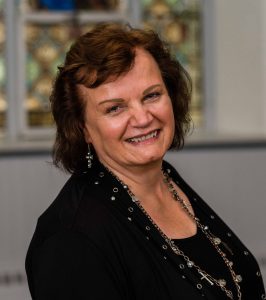
Mary Potter Kenyon graduated from the University of Northern Iowa and is a certified grief counselor and Therapeutic Art coach. Mary is Program Coordinator for the Shalom Spirituality Center in Dubuque, Iowa, where she lives with the youngest of her eight children.
She is widely published in newspapers, magazines, and anthologies, with essays featured in ten Chicken Soup for the Soul titles. She is the author of seven books, including the award-winning “Refined By Fire: A Journey of Grief and Grace” and her newest release “Called to Be Creative: A Guide to Reigniting Your Creativity.”
Mary has been teaching writing classes and conducting workshops for community colleges, women’s groups, churches, and libraries since 2011. She is a popular public speaker on the topics of writing, grief, and creativity. She founded the annual Hope & Healing grief retreat and a Faith Writers conference in Dubuque.
- Website: marypotterkenyon
- Facebook: marypotterkenyon1
- Instagram: Mary Potter Kenyon
- Twitte: mpotterkenyon
- Linkedin: Mary Potter Kenyon

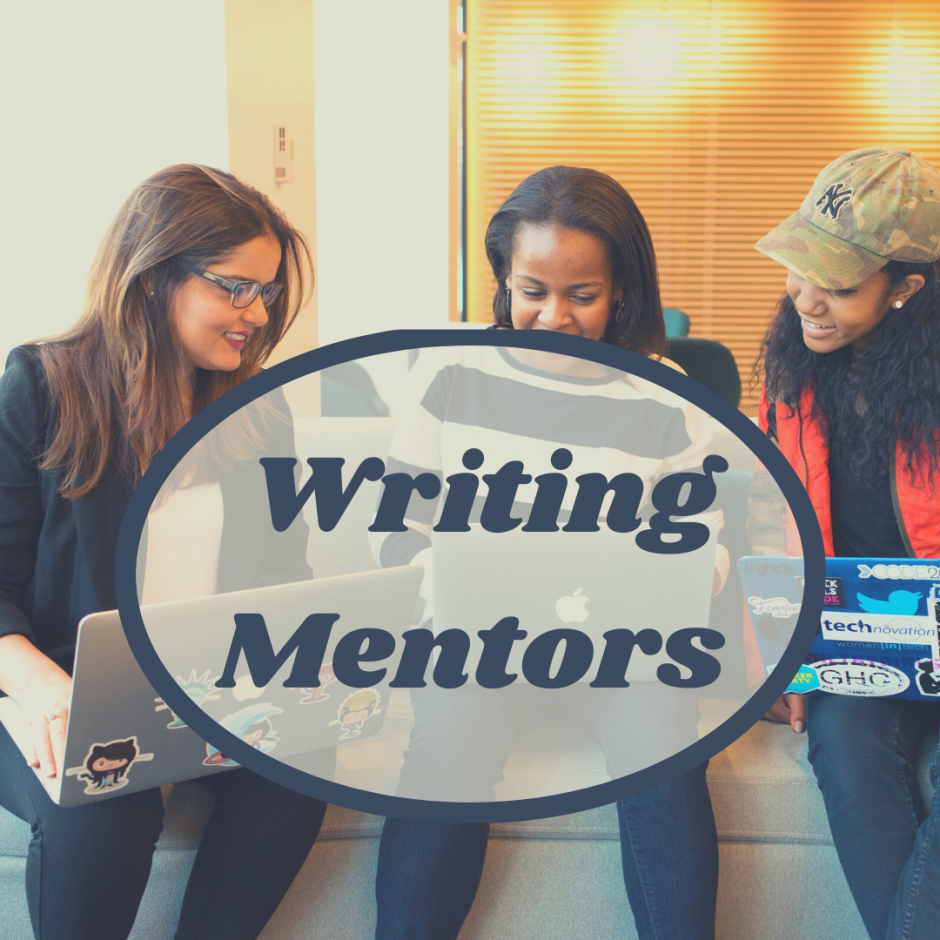
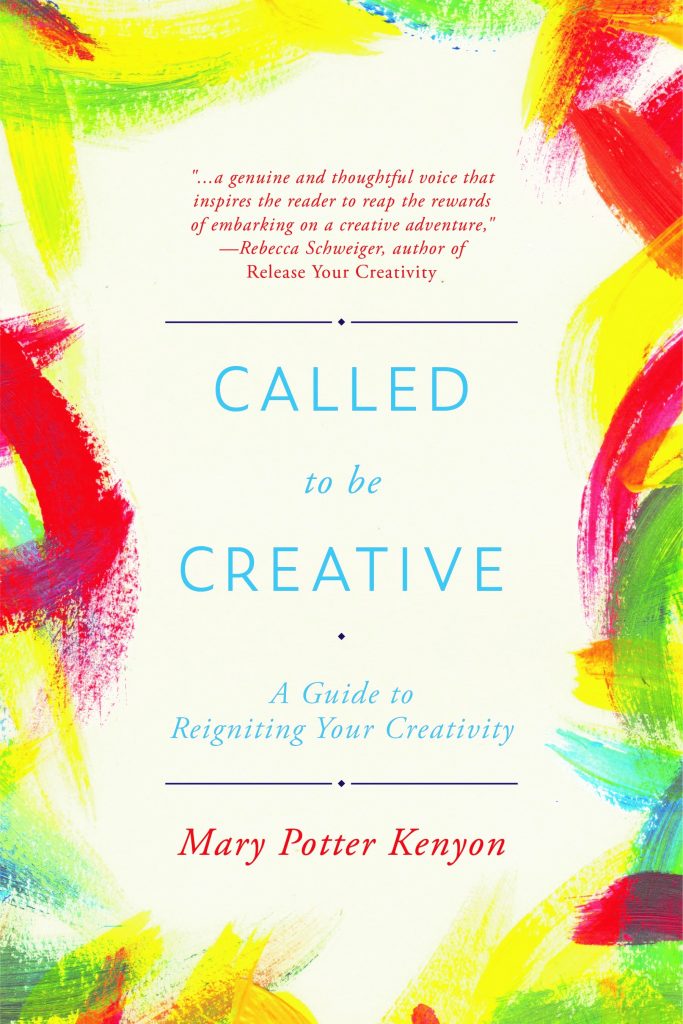
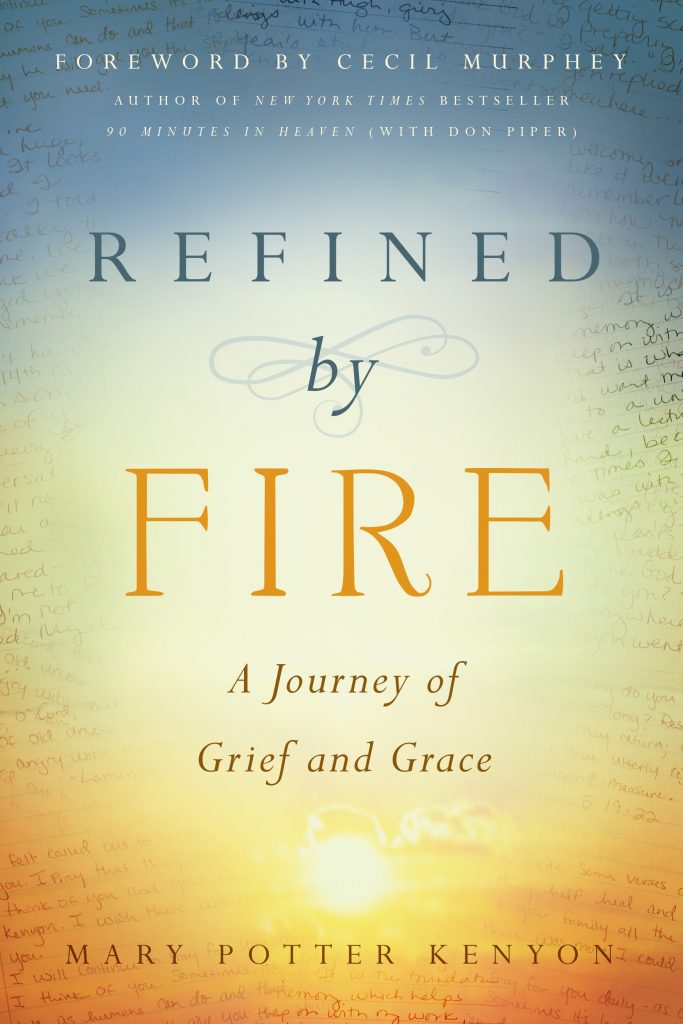
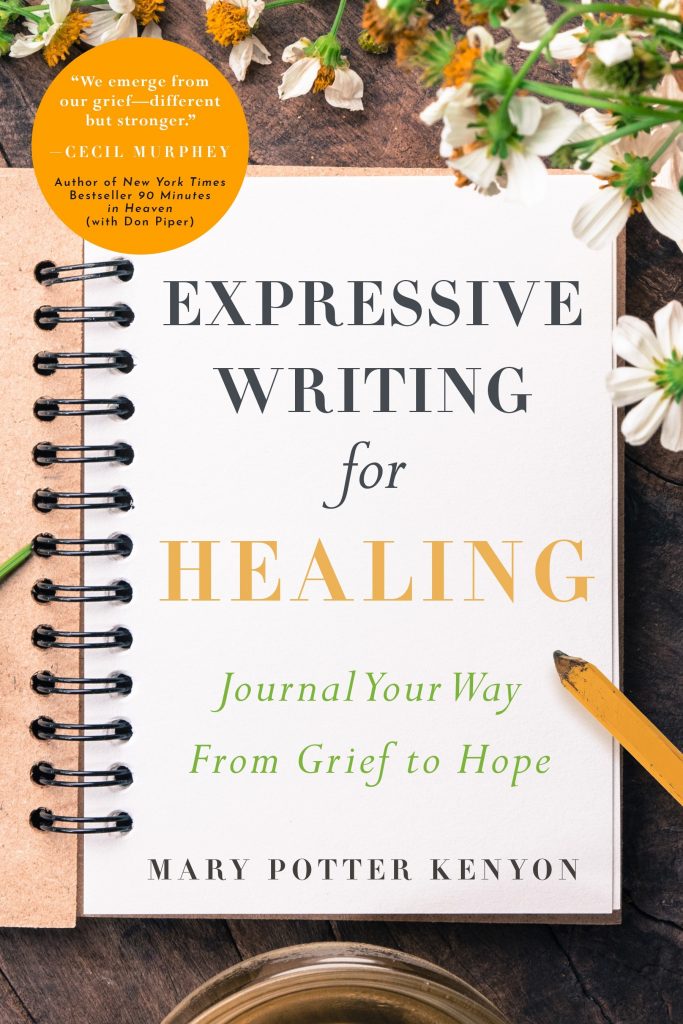
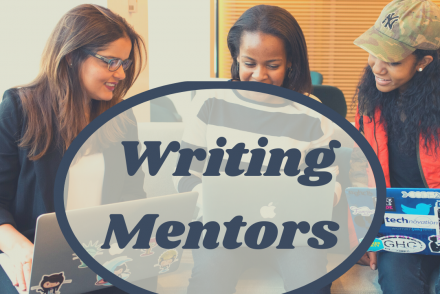


No Comments